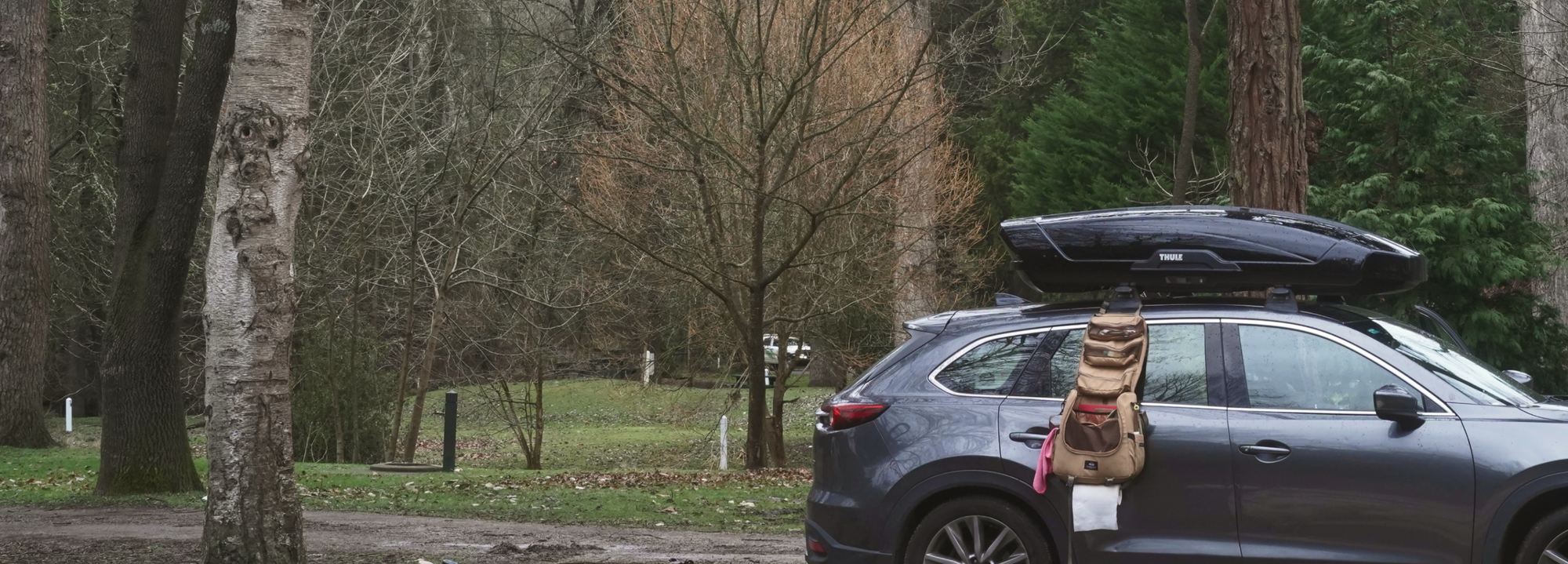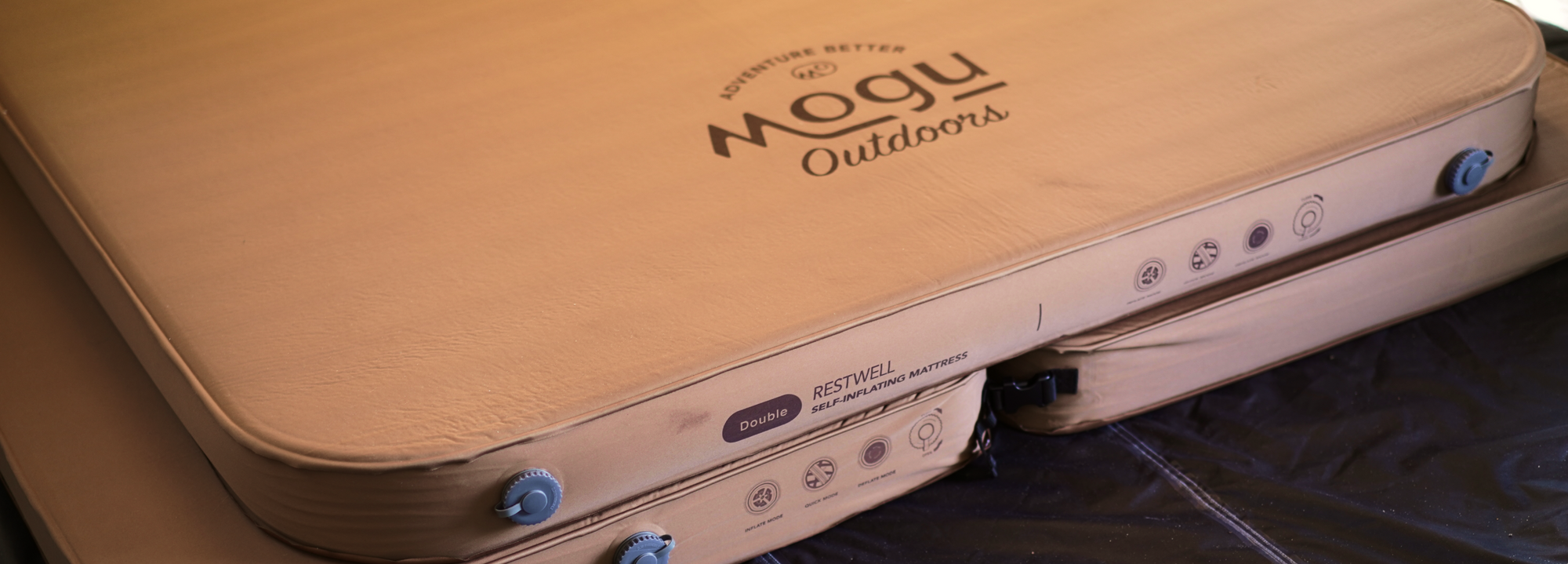Tip 1
Eat High-Calorie Foods
We’ve all experienced the comfort of sipping a hot bowl of soup in chilly weather. When it’s cold, you can consume high-calorie foods to provide your bodies with more heat. Increase intake of sugars, fats, and carbohydrates. Eating closer to bedtime is also beneficial, especially if your meals are rich in fat. Your body metabolizes protein first, then fat, and the time it takes to metabolize fat is longer than carbohydrates. Therefore, choose high-calorie foods like chocolate, cheese, and nuts. A warm meal that requires little preparation before bed will give your body an extra energy boost.

Tip 2
Choose the Right Sleeping Bag and Clothing
When selecting a sleeping bag, it's important to consider that each one comes with a different temperature rating. During winter camping, everyone's comfort levels vary. Choose a sleeping bag rated about 10 degrees lower than the expected lowest temperature for extra warmth. If necessary, you can also use a sleeping bag liner for additional insulation.
Appropriate clothing is equally crucial for staying warm. Here's how to layer effectively:
Base Layer: Choose breathable and moisture-wicking base layers, such as polyester, nylon, or Merino wool thermal clothing.
Mid Layer: Also known as the insulating layer, the mid-layer helps your body retain heat. Opt for slightly thicker clothing like polyester fleece or down-insulated jackets.
Outer Layer: The primary purpose of the shell layer is to protect you from rain, snow, and wind. Consider an outer shell with waterproof, windproof, and breathable features.
Avoid Cotton: Cotton absorbs moisture and takes ages to dry. With cotton, you run the risk of feeling cold and damp during your camping trip.

Tip 3
Don't breathe inside of your sleeping bag
When it's cold, you might be tempted to bury yourself completely inside your sleeping bag, including your head. However, breathing inside your sleeping bag traps moisture, and while it might not be noticeable at first, over time, the condensation from your breath will accumulate inside the bag. This is particularly problematic with down sleeping bags, as moisture causes the down to lose its insulating properties.
Extra tip: when using a down sleeping bag, make sure to shake it out thoroughly before bedtime to maximize its loft and bring more down towards your core for better warmth.
Tip 4
Choose the right sleeping mat to isolate from the ground temperature
When sleeping outdoors in winter, the ground's low temperature can cause your body heat to dissipate through conduction. This is why many campers using traditional air mattresses find it particularly cold at night. Look for the R-value of a sleeping mat to understand its ability to insulate against the cold. The higher the R-value, the better the insulation. Our Mogu Restwell Sleeping Mattress has an high R-value of 8.9, making it suitable for year-round use in Australia's varying climate. Additionally, place a groundsheet or waterproof tarp under your tent to prevent moisture from forming inside.

Tip 5
Optimal hot water bottle placement
The best placement of a hot water bottle when sleeping, is on your abdomen, between your thighs, or other core regions. Avoid placing it near your feet. When the blood in your core area is warmed, your entire body will warm up more quickly.Caution: Take special care to avoid burning yourself when handling hot water (do not use a metal bottle!), and ensure the bottle or hot water bag is securely closed to prevent leaks that could wet your thermals and sleeping bag.
Tip 6
Keep your head warm, wear a beanie to bed
I remember when I was a child, my grandparents would always sleep with a beanie during winter. This is also a useful tip for winter camping. A significant amount of body heat can be lost through the head. Covering your head helps to prevent heat loss and provides warmth to your head, ensuring a more comfortable sleep in cold conditions.

Tip 7
Stay warm before bed
If you're camping in a place where campfires are allowed, take advantage of the heat source to warm your body before sleeping. If you feel cold before going to bed, do some quick exercises before getting into your sleeping bag. A few jumping jacks or similar activities can quickly warm you up and get your blood flowing.

Tip 8
Don’t hold your pee at night
Did you know that holding your pee will make you colder? This is because your body has to burn calories to keep the urine warm. So if you need to use the bathroom in the middle of the night, don’t delay. It’s best to drink less water before bed and make sure to go to the bathroom before you get into your tent.Give winter camping a go!
Winter camping can be a unique and rewarding experience, following these tips and preparing adequately, who knows, camping might become your favourite activity for winter.


